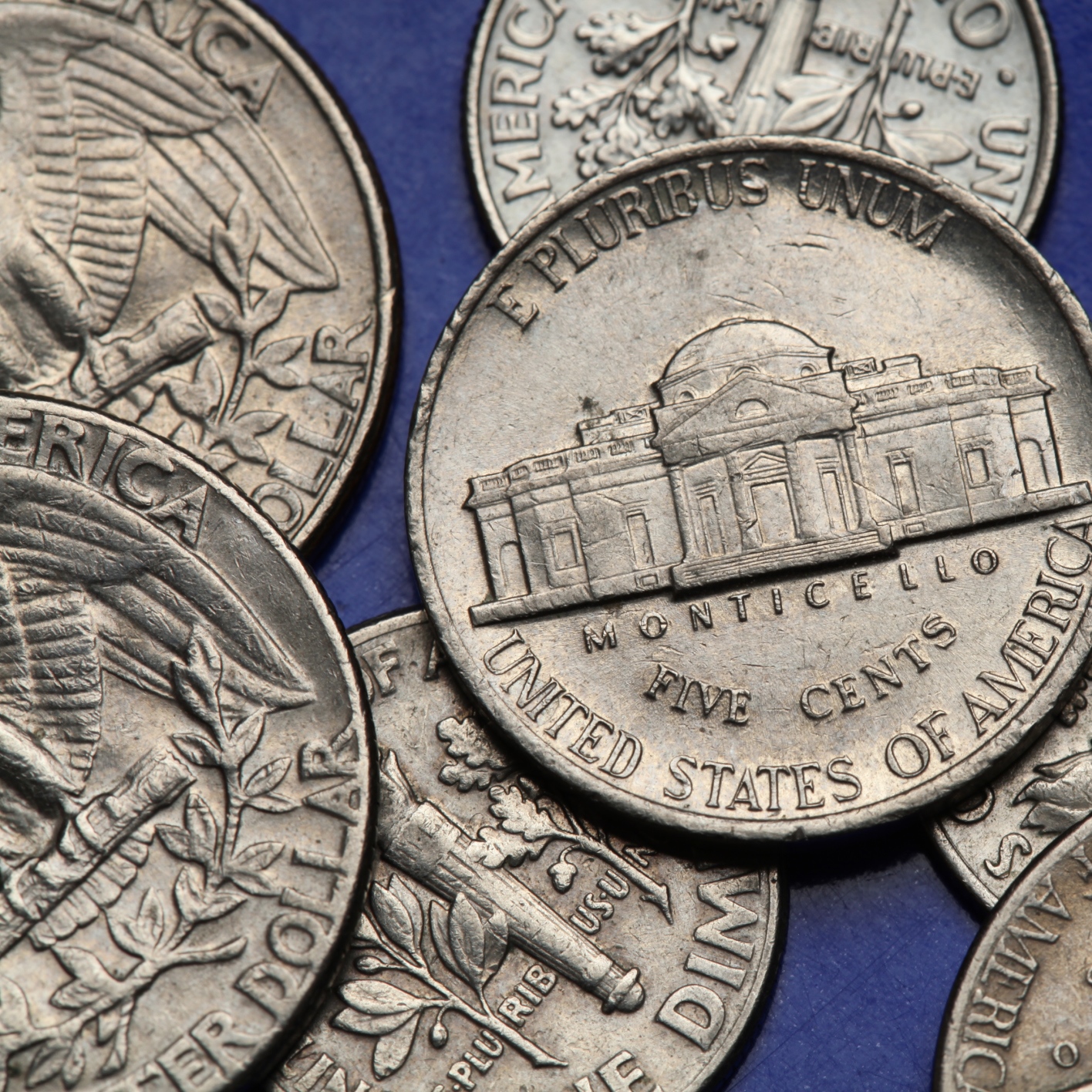
Early this year, the price of a gallon of regular gasoline dropped below 99 cents in some parts of the country. Why? Goldman Sachs forecast oil could drop under $20 a barrel. And it got close. If several OPEC ministers and most experts are right, oil prices will settle between $50 and $60 for a long time. Producing nations will have bled enough out of their treasuries in a scramble to keep market share and undermine the robust American shale industry. These nations can no longer afford it. Gas at 99 cents is gone and will not be back, at least for an unimaginably long time.
Some economists believed gas prices were critical to the ongoing recovery of consumer spending. Wages were not rising for the average American. The low cost of fuel would free up money. As gas prices rose to $2, and then close to $2.50 recently, the consumer has remained relatively healthy. Holiday retail sales will be a measure of that. Strong car and home sales may be already. The value of low gas prices was overestimated.
The low gas price versus low oil price benefit analysis also can be put on the back shelf for now. Oil at $50 will stabilize one of the country’s largest industries. Layoffs will end. The old energy part of the economy will recover. The industry’s health will prove to be more important for gross domestic product than low gas price consumer-driven spending.
Ninety-nine cent gas is gone for another reason. Gas taxes at the state level have been too low to fund infrastructure spending at a level high enough to replace roads and bridges. New Jersey already has raised its gas tax. Other financial resource constrained states have roads aging just as quickly as New Jersey’s. There are very few places to go to raise the money. The traditional source is the gas tax. State house economists will argue that the consumer is well enough off, based on recent evidence, to take the extra 15 cents a gallon without blinking. New roads, without a weakened consumer.
So, 99 cent gas is history.
It’s Your Money, Your Future—Own It (sponsor)
Are you ahead, or behind on retirement? For families with more than $500,000 saved for retirement, finding a financial advisor who puts your interest first can be the difference, and today it’s easier than ever. SmartAsset’s free tool matches you with up to three fiduciary financial advisors who serve your area in minutes. Each advisor has been carefully vetted and must act in your best interests. Start your search now.
If you’ve saved and built a substantial nest egg for you and your family, don’t delay; get started right here and help your retirement dreams become a retirement reality.
Thank you for reading! Have some feedback for us?
Contact the 24/7 Wall St. editorial team.




